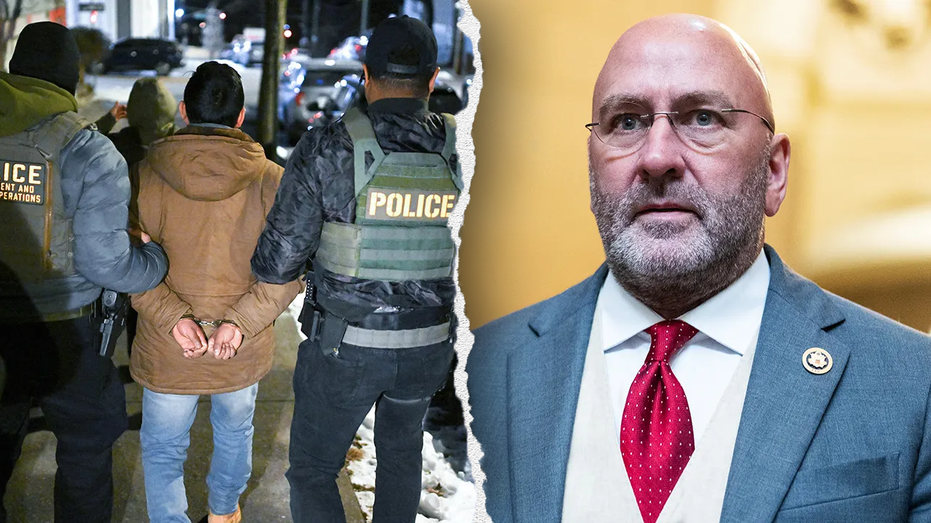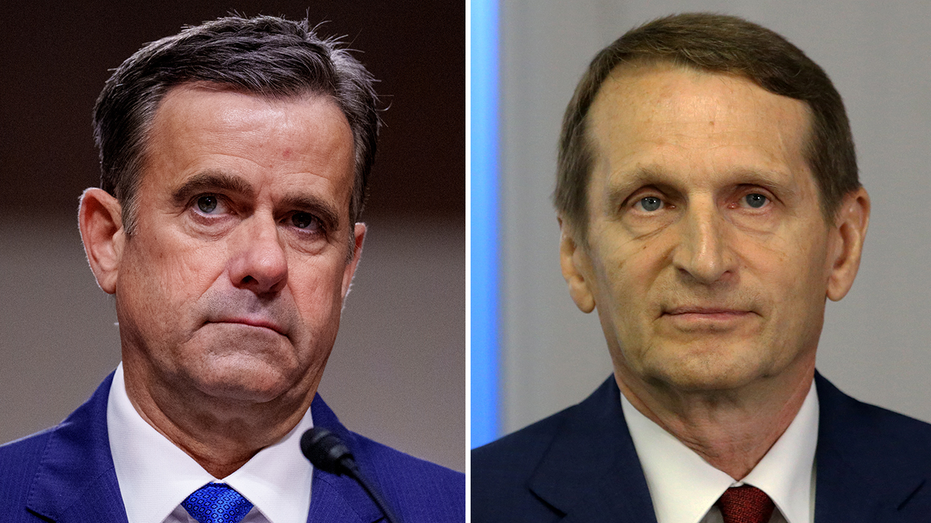- by foxnews
- 13 Mar 2025
The US won’t run for another term on UN human rights council. Israel is likely why | Kenneth Roth
The US won’t run for another term on UN human rights council. Israel is likely why | Kenneth Roth
- by theguardian
- 14 Oct 2024
- in politics

Something unusual happened this week at the UN: the US government decided not to run for a second term on the human rights council. Taking a year off is mandatory after a country serves two three-year terms, but the Biden administration chose to bow out after a single term. That is extremely unusual. What happened?
Various rationales are circulating, but one, in my view, looms large: Israel. Or more to the point, Joe Biden's refusal to suspend or condition the massive US arms sales and military aid to Israel as its military bombs and starves the Palestinian civilians of Gaza.
The election for the 47-member human rights council in Geneva is conducted by the 193-member UN general assembly in New York. The balloting would have provided a rare opportunity for the world's governments to vote on US complicity in Israeli war crimes. The US could have lost. The Biden administration seems to have calculated that it was better to withdraw voluntarily than to face the prospect of such a shameful repudiation.
To understand that rationale, one must understand the dynamics of the human rights council election. The council was created in 2006 to replace the old UN commission on human rights. The commission had become a collection of repressive governments that joined it, not to advance human rights but to undermine them. They routinely voted to protect themselves and their ilk.
The new council introduced a device that was supposed to avoid that travesty - competitive elections. Rather than the backroom deals that had populated the old commission with the dictators and tyrants of the world, the UN's five regional groups would each propose slates of candidates on which the full UN membership would vote. The idea was that highly abusive governments could be rejected.
For the first few years, it worked. Each year, Human Rights Watch and its allies would single out the most inappropriate candidate for the council, and each year they would either withdraw their candidacy (Syria, Iraq) or lose (Belarus, Azerbaijan, Sri Lanka). Even Russia was defeated, in 2016, as its aircraft were bombing Syrian civilians in eastern Aleppo. It lost again in 2023 as it was pummeling Ukrainian civilians.
It worked this year as well, when the general assembly for the second time rejected Saudi Arabia, given its murder of hundreds of Ethiopian migrants trying to enter from Yemen, its not-so-distant bombing of Yemeni civilians, its repression of dissidents including women's rights activists and its brazen murder of Jamal Khashoggi.
But to avoid that embarrassment, the regional groups began gaming the system. Many started to propose the same number of candidates as openings, effectively depriving the General Assembly of a choice. That's how the likes of Burundi, Eritrea and Sudan hold council seats. Sometimes there were still competitive slates - Saudi Arabia lost this year because there were six governments seeking five seats for the Asia-Pacific region - but uncompetitive slates have become the norm.
Even the western group, despite its ostensible support for an effective council, usually offers uncompetitive slates. The explanation typically offered is that western governments don't want to bother with the need to lobby the 193 members of the general assembly for support. But that left western governments in no position to press other regions to present competitive slates. The council suffered for their diplomatic laziness.
This year, something seems to have gone wrong with this cozy if detrimental practice. In the election this week, the western group had three seats to fill. Iceland, Spain and Switzerland had all put their hats in the ring, and the United States was expected to seek renewal of its term that was coming to an end. Three years ago, when a similar possibility emerged of four western candidates for three positions, Washington persuaded Italy to withdraw, allowing it to run unopposed.
But this year, by all appearances, none of the other three Western candidates were eager to abandon their quest. That could have reflected the possibility that Donald Trump would win the US presidential election next month. In 2018, he notoriously relinquished the US seat on the council to protest its criticism of Israel. Iceland, Spain and Switzerland must have wondered: why defer to the US candidacy if Trump may soon nullify?
The Biden administration could have run anyway. After all, why not let the nations of the world choose the best three of the four candidates, as was originally supposed to happen? Instead, it bowed out. Yes, maybe it was just being nice - to Iceland, which assumed its seat when Trump abandoned it; to Switzerland, the host of the council; but to Spain? The Spanish government is one of Europe's most vocal defenders of Palestinian rights. And Washington is ordinarily not reluctant to throw its weight around on behalf of Israel.
It is rare that the UN general assembly has the chance to vote on the US government's conduct. A competitive vote for the UN human rights council would have provided such an opportunity. Given widespread outrage at Israeli war crimes in Gaza - and at Biden's refusal to use the enormous leverage of US arms sales and military aid to stop it - that vote could easily have resulted in an overwhelming repudiation of the Biden administration. Rather than face the possibility of a humiliating reprimand, the US government withdrew its candidacy.
These events show again how devastating Biden's support for Israel has been for the cause of human rights. By virtue of its diplomatic and economic power, the US government can be an important force for human rights. Other than on Israel, its presence on the council has generally helped the defense of human rights.
But US credibility, already compromised by Washington's close alliances with the repressive likes of Egypt, Saudi Arabia and the United Arab Emirates, has been profoundly undermined by Biden's aiding and abetting of Israeli war crimes in Gaza. With Biden seemingly constitutionally unable to change, the defense of human rights is taking a hit.
That doesn't mean an end to that defense. The human rights council functioned well despite Trump's withdrawal. Without the baggage of Washington's ideological animosity, Latin American democracies led a successful effort to condemn Venezuela. Tiny Iceland secured condemnation of the mass summary executions spawned by the "drug war" of former Philippine president Rodrigo Duterte, whom Trump had embraced.
But it is a sad state of affairs when, rather than join the frontline defense of human rights at a time of severe threat - in Russia, Ukraine, China, Sudan, Myanmar, Afghanistan, Iran and elsewhere - the Biden administration has gone sulking from Geneva back to Washington. It says it won't run again for the council until 2028.
- by foxnews
- descember 09, 2016
Flight passenger shares 'infuriating' moment when man intrudes on her leg space: 'Please don't do this'
A traveler says a fellow passenger intruded on her space on an airplane. Social media users reacted to the post, with some referring to it as a "manspreading" moment.
read more





